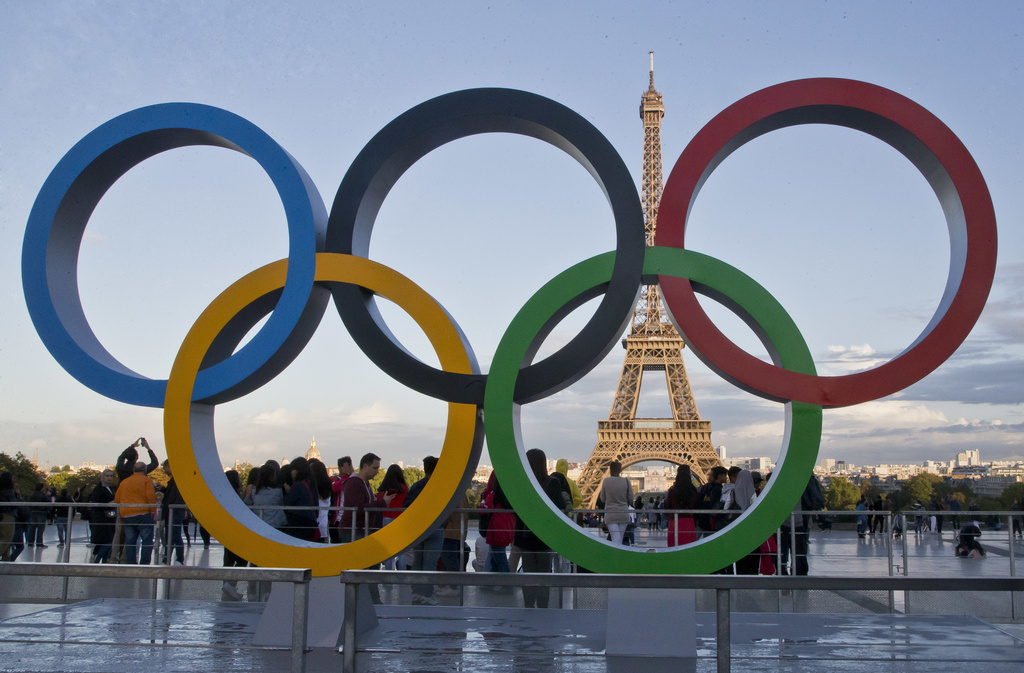France receives Olympic medal awarded to Great Britain in 1900 – 124 years later
Paris, France (CNN) — France has scored a belated surprise Olympic victory against Great Britain – 124 years later than expected – after a 1900 Paris Olympics cycling silver medal was taken away from Team GB and awarded to its neighbor across the channel by the International Olympic Committee (IOC).
The medal was reassigned to France after the IOC concluded that its recipient, British cyclist Lloyd Hildebrand, was competing as part of a French club at a time when medal attribution did not strictly depend on citizenship.
Born in 1870 in Tottenham, London, Hildebrand spent most of his life in France and died in 1924 in the Parisian suburb of Levallois-Perret. He finished second in the men’s 25 kilometer cycling race at the Paris Summer Games in 1900.
“Even though Hildebrand was a British citizen, he was born and brought up in France, and competed for a French club before and after Paris 1900,” the IOC said in a statement.
Back in 1900, many National Olympic Committees (NOCs) did not yet exist and athletes were instead attached to the sport federation of whichever country they were based in, regardless of their citizenship. Any medals they won were thus attributed to that nation.
“Athletes had only to send the number of their license, established by the national federation where they were regularly competing,” the IOC explained in their statement.
“National Olympic Committees were not involved in the process, as they are today,” the IOC added.
Stéphane Gachet, a French sports author who researched Hildebrand’s background, had written to the IOC on March 30 this year to request the change, copying in French President Emmanuel Macron as well as France’s sports minister Amélie Oudéa-Castéra.
“The rule that athletes must be registered for the Games by their country of nationality only appeared in 1920,” Gachet said.
“During the earlier period, registration procedures were more informal and managed by the clubs, especially before 1908,” he added.
Gachet is a specialist when it comes to French Olympic medals, having published the Dictionary of French Olympics Medalists in 2011.
Hildebrand had always competed under the banner of the Club des Sports, a sporting society based in Levallois-Perret, where the cyclist lived, according to Gachet’s research and French archives.
“124 years later, at my request, the IOC Executive Board today approved the reallocation to France of the silver medal won by Lloyd Hildebrand at the Paris 1900 Olympic Games. Immense joy!” Gachet said in a post on X.
Team GB also reacted to the news, with a British Olympic Association spokesperson telling CNN Sport: “We were aware of the change of status for the medal and have ourselves benefited in such circumstances before.”
“We shall try to win one back later this summer!”
